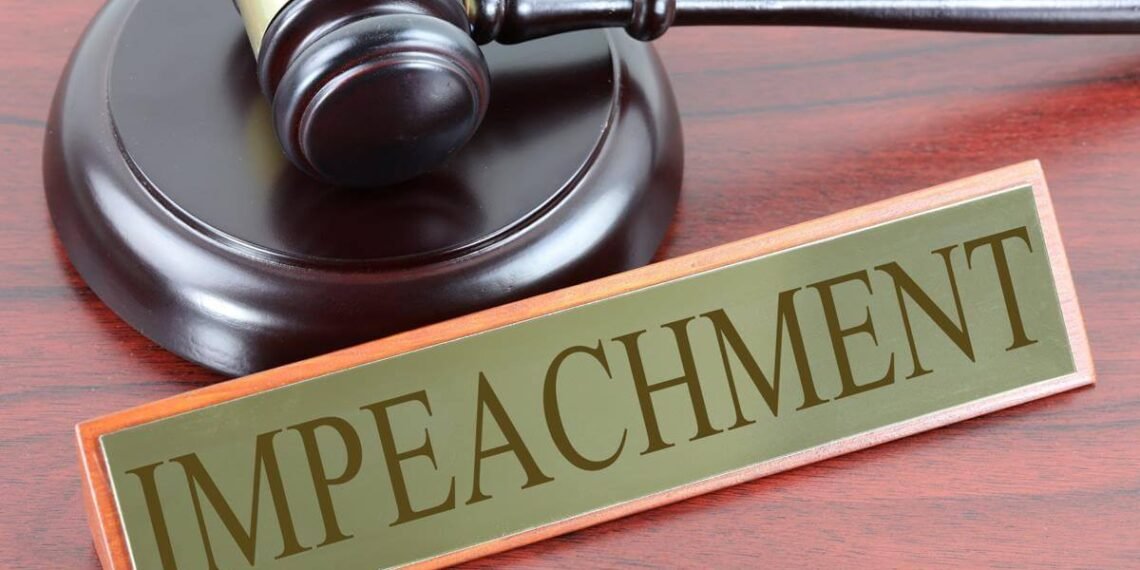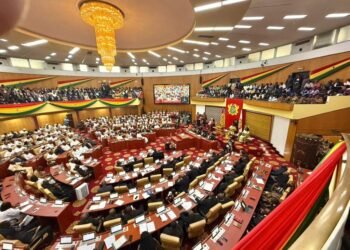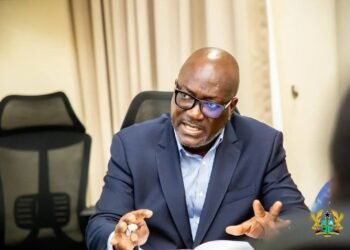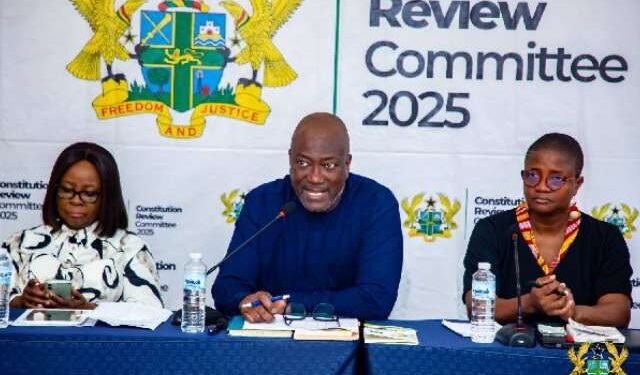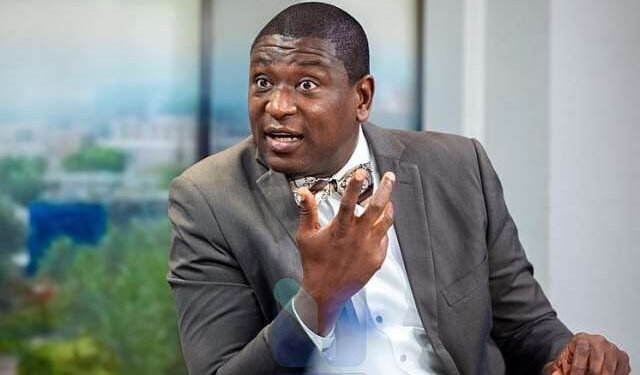In a fiery critique of Ghana’s constitutional procedures, political activist and lawyer Oliver Barker-Vormawor has sparked a national debate by arguing that impeachment is, at its core, a political process—not a legal one.
According to him, the relentless insistence on legal formalism has created a distorted understanding of what should be a straightforward judgment by elected representatives, not legal elites.
Barker-Vormawor, known for his blunt and provocative commentary, questioned why legal jargon and judicial procedures have overtaken political reasoning in matters of public accountability.
He pointed out that Ghana’s Constitution, especially in articles governing the impeachment of top public officials, is mired in unnecessary complexity that disempowers ordinary citizens and their representatives from exercising common sense.
“Take the process for impeaching the Chief Justice, for example. The Council of State is a political advisory body, not a court. So why are we tasking them with determining whether ‘a prima facie case exists?’ Why the needless Latin?
“Why not simply ask whether the petition discloses a reasonable basis for concern that the Chief Justice has misbehaved, is incompetent, or is otherwise unfit for office? ‘Reasonable basis’ is far more intuitive. After all, when lawyers say they’re establishing ‘reasonable conduct,’ they often invoke the view of the proverbial man in the Madina trotro. So why insert the legal middleman?”
Oliver Barker-Vormawor

His larger point? Introducing legal gatekeepers and obscure Latin phrases into political judgment processes is not only unnecessary—it’s anti-democratic.
For him, the obsession with legal framing turns what should be political decisions into courtroom-like dramas, far removed from the public will. Impeachment should remain a political act, not a legal puzzle.
Legal Formalism Blocks Public Role In Impeachment
Barker-Vormawor’s frustration didn’t end with the judiciary. He also took aim at the procedure for removing a President, outlined in Article 69 of the Constitution. Once again, legal minds—not elected ones—are placed at the center of a political decision.
The article requires that when one-third of Parliament initiates impeachment proceedings against the President, a committee led by the Chief Justice and four Supreme Court judges must first determine if a prima facie case exists. According to Barker-Vormawor, that’s a gross misplacement of authority.
He ridiculed the setup further by pointing out the absurdity of doctors being asked to find a prima facie case of incapacity in cases where the grounds for impeachment are physical or mental.“Doctors oo. Prima facie case la,” he scoffed.

At the heart of his argument lies a powerful question: Why should unelected and unaccountable figures like judges and doctors be entrusted with decisions that are, by nature, matters of political legitimacy?
“The President can be removed for ‘any conduct which brings or is likely to bring the high office of President into disrepute, ridicule, or contempt.’ Tell me, what do judges have to do with determining what counts as ridicule?”
Oliver Barker-Vormawor
Accordingly, Barker-Vormawor argued that if the President were to engage in undignified behavior—such as being exposed for an extramarital affair—it should be well within the authority of Members of Parliament to determine whether such conduct brings dishonor to the presidency.
In his view, it is absurd to suggest that one must have legal training to recognize acts that clearly undermine the dignity of the office or provoke national embarrassment.
Lawyers Accused of Ruining Ghana’s Democracy
Additionally, Barker-Vormawor emphasized that this legal fixation stands in the way of genuine democratic accountability.
He believes impeachment should be treated primarily as a political process—while procedural fairness is important, the core of the matter lies in political judgment, not legal technicalities.
“Inserting a prima facie test turns political accountability into a courtroom circus. It’s not about the law. It’s about judgment.”
Oliver Barker-Vormawor

To him, the problem lies deeper—in the way lawyers have shaped the Constitution to serve their own elitist biases. His blunt conclusion? “And frankly, lawyers ruined this Constitution. I swear!”
That stinging indictment reflects a larger concern about Ghana’s constitutional design: Are leaders hiding behind legal language to avoid the real, sometimes uncomfortable, task of political judgment?
Barker-Vormawor’s comments may ruffle feathers within the legal community, but they tap into a frustration shared by many Ghanaians—that democracy is being hollowed out by legal technicalities, often to the benefit of those in power.
While some might see his remarks as oversimplified or undiplomatic, others may argue that he’s merely calling for a system that empowers citizens and their elected officials, not entrenched legal actors.
In a nation where the law is often seen as supreme, his words are a sharp reminder that legalism without political accountability can create a system where responsibility is always deferred, never shouldered.
If Ghana is to remain a true democracy, Barker-Vormawor argued, then impeachment must return to what it was always meant to be: an act of political courage, not legal theatre.
READ ALSO: GTA CEO Meets with Regional Directors to Boost Tourism

